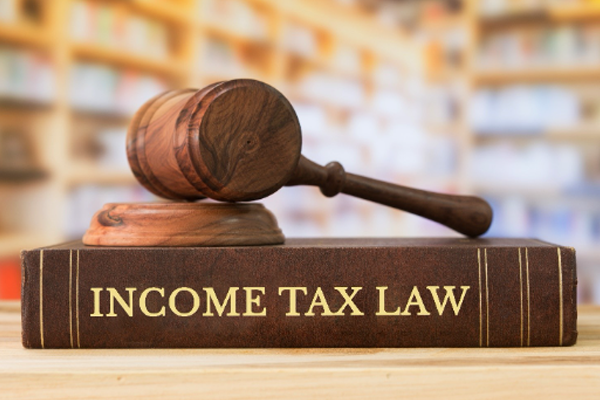
Is S. 69A of the Income Tax Act applicable on Non Resident Indians (NRIs) ?
According to the Delhi High Court, the Income Tax Act's Section 69A can only be used in situations when books of account are kept.
The assessee is a non-resident Indian.
The bench of Justices Rajiv Shakdher and Girish Kathpalia has noted that his income in India comes from interest on bank account balances and income tax refunds.
In India, he is not required to keep any accounting records. It is made clear by the phrase "if any" in Section 69A that this provision can not be employed in the event that books of account are not kept up to date.
In essence, the Section 69A provision addresses unexplained money and other items that are taken into account while aggregating income in accordance with Chapter VI of the Act.
According to Section 69A, in the event that the assessee is discovered to be the owner of money, bullion, jewelry, or another valuable item during any financial year and that money, etc., is not documented in the books of account, if any, that he maintains for any source of income and the assessee fails to provide an explanation regarding the nature and source of acquisition of the said money, etc., or if the Assessing Officer finds the explanation provided to be insufficient, the money may be considered the assessee's income for the relevant financial year.
As a non-resident person living in the United Arab Emirates (UAE), the respondent/assessee filed his Return of Income for Assessment Year 2017–18 and stated that his income was Rs 1,02,288.
This amount includes interest from savings bank accounts and income tax refunds.
In the course of the scrutiny proceedings, the Assessing Officer added, under Section 69A, Rs. 1,40,09,733 for unexplained credit entries in the bank accounts, Rs. 1,64,219 for underreported interest, and Rs. 4,69,335 for a deemed dividend under Section 2(22) towards the total (e).
In an attempt to challenge the addition made in accordance with Section 69A, the assessee filed a limited appeal.
The Commissioner of Income Tax (Appeals) partially granted the assessee's appeal by excluding the interbank transfer of Rs. 5,00,000, and the income tax refund of Rs. 2,84,200 from the addition of Rs. 1,40,09,733.
The assessee filed a second appeal with the Income Tax Appellate Tribunal in opposition to the CIT(A) ruling, and this appeal was granted by the order that fully removed the addition made in accordance with Section 69A.
The Tribunal held that as the assessee is a non-resident and only receives interest from bank accounts and income tax refunds, the section under Section 69A does not apply to them.
Since one of Section 69A's requirements isn't met, the addition created by using Section 69A is unsustainable.
The department said that if the Tribunal's opinion is upheld, then no non-resident Indian would be subject to the harsh consequences of Section 69A, which would also glorify the assessee's failure to maintain account books.
The money can not be regarded as unexplained money, according to the court, if the assessee provided a detailed justification for the money's distribution.
The Tribunal thoroughly reviewed and deliberated over the documentation supporting the assessee's bank account's explanation of money infiltration in the assailed decision.
The court operating under Section 260A can not consider the merits of the facts and documents unless the department takes a view about the alleged perversity.
Case Title: Hersh Washesher Chadha v. CIT
No. of Case: ITA 676/2023
Your free access to Supreme Law News has expired
For further details contact:
Dr. Ajay Kummar Pandey
( LLM, MBA, (UK), PhD, AIMA, AFAI, PHD Chamber, ICTC, PCI, FCC, DFC, PPL, MNP, BNI, ICJ (UK), WP, (UK), MLE, Harvard Square, London, CT, Blair Singer Institute, (USA), Dip. in International Crime, Leiden University, the Netherlands )
Advocate & Consultant Supreme Court of India, High Courts & Tribunals.
Delhi, Mumbai & Dubai
Tel: M- 91- 9818320572. Email: editor.kumar@gmail.com
Website:
www.supremelawnews.com
www.ajaykr.com, www.4Csupremelawint.com
Facebook: /4Clawfirm, /legalajay Linkedin: /ajaykumarpandey1 Twitter: /editorkumar / YouTube: c/4cSupremeLaw Insta: /editor.kumarg
Telegram Channel
Whatsup Channel





